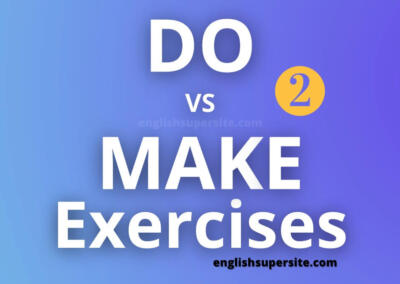
Grammar
English Grammar
The English language has 8 parts of speech. These include nouns, pronouns, verbs, adjectives, adverbs, prepositions, conjunctions, and interjections. Each of these parts of speech plays an important role in forming sentences, conveying meaning, and expressing ideas.
English grammar is the study of the structure of the English language. It covers topics such as parts of speech, sentence structure, and punctuation. It is related to the study of linguistics, which is the study of the structure of language in general.

Do vs Make - Exercises 2 - Quiz - Learn when to use Do or Make. Understand the differences and when to use Do and Make.
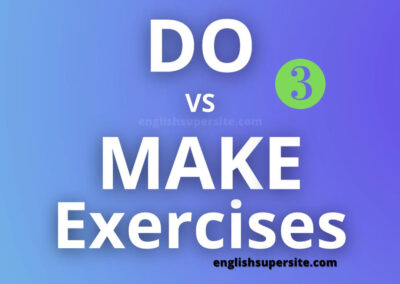
Do vs Make - Exercises 3 - Quiz - Learn when to use Do or Make. Understand the differences and when to use Do and Make.
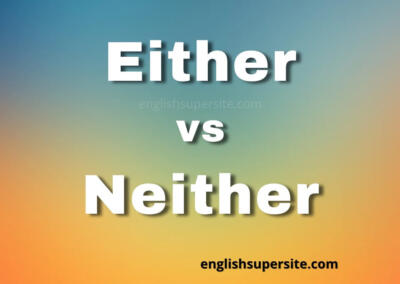
EITHER vs NEITHER - Either or Neither! When and how to use Either and Neither! Study and learn the differences ...

When to use Fill up or Fill in or Fill out. Here you will understand the difference between them and how to use ...

Sometimes called Future Progressive, the Future Continuous is one of the verb forms associated with the Future ...
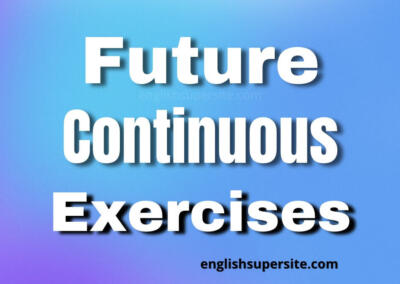
Verb Tenses - Future Continuous - Exercises - Practice exercises with Future Continuous. Improve your oral and ...

We use Future Perfect when you want to speak about an event that will be completed before a particular time in the ...
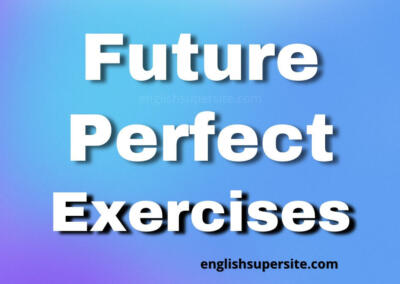
Verb Tenses - Future Perfect - Exercises - Practice exercises with Future Perfect. Improve your oral and written ...

We use Future Perfect Continuous when you want to speak about an event that will happen and continue in a ...
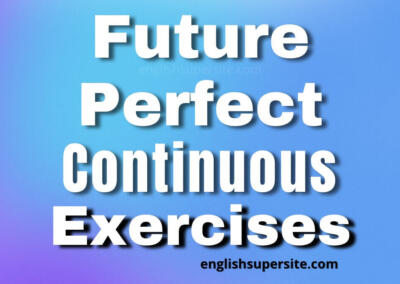
Verb Tenses - Future Perfect Continuous - Exercises - Improve your oral and written skills with exercises and ...
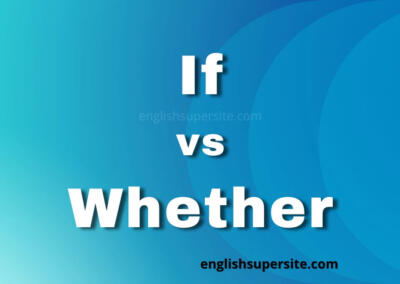
If vs Whether
The use of If vs Whether.
If or Whether? They are both both conjunctions and used in ...
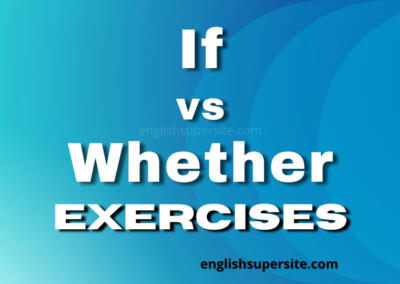
If vs Whether - Exercises - Improve your written skills by practicing these exercises. Complete the sentences ...

Learn when and how to use the prepositions IN, ON and AT. Understand the differences and why you should use them ...
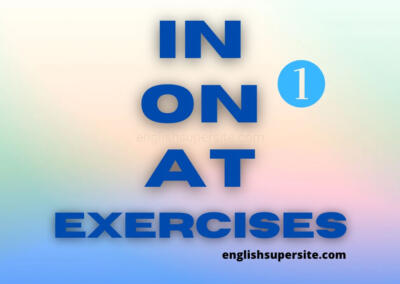
EXERCISES 1 - IN - ON - AT - Practice using the prepositions IN, ON and AT. Complete the sentences below with the ...
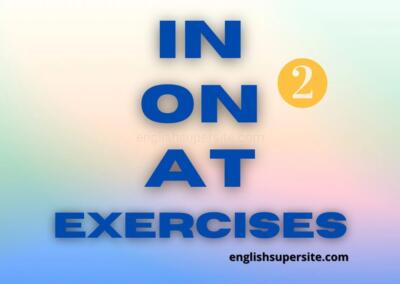
EXERCISES 2 - IN - ON - AT - Practice using the prepositions IN, ON and AT. Complete the sentences below with the ...
Related Posts

Do vs Make - Exercises 2 - Quiz - Learn when to use Do or Make. Understand the differences and when to use Do and Make.
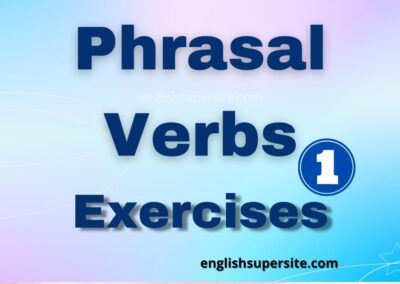
Phrasal Verbs - Exercises 1 - Quiz - Check your progress in REAL TIME. These exercises can help you evaluate your ...
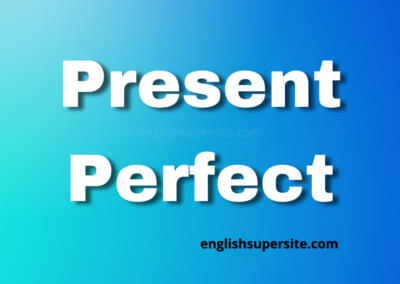
The Present Perfect is a verb tense we use to express that an action or something has happened in the past and it ...
